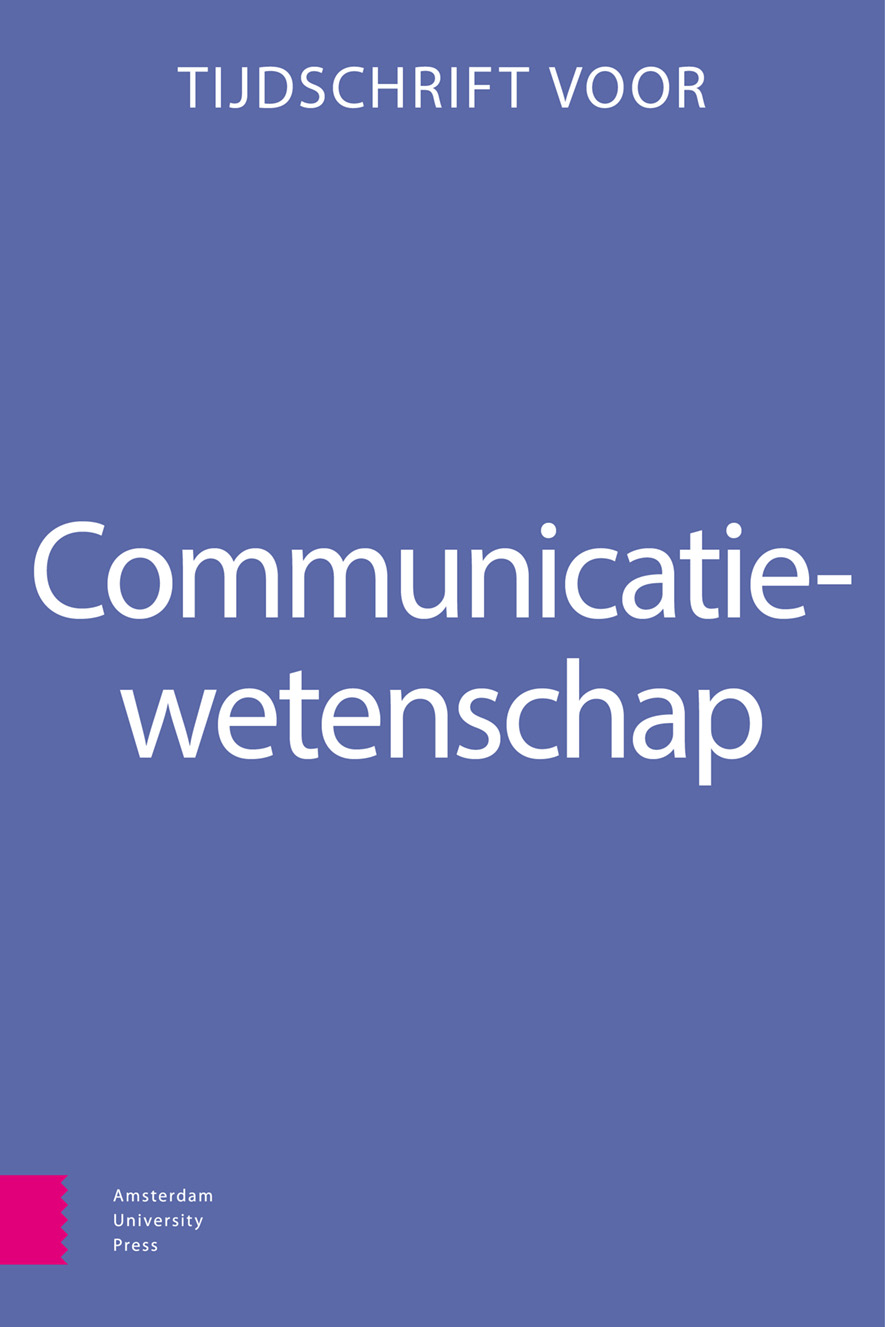-
OASummaries
- Amsterdam University Press
- Source: Tijdschrift voor Communicatiewetenschap, Volume 47, Issue 1, Mar 2019,
- Previous Article
- Table of Contents
- Next Article
Abstract
A comparative case study into the meaning of conversations between citizens and government on the course and outcome of local participation processes
Although the importance of conversations for citizen participation is widely recognized, there is still little insight into the meaning of conversations for participatory processes. This comparative case study provides insight into the discursive patterns that characterize the conversations between citizens, civil servants and other stakeholders in two participatory processes in different municipalities. Our framing-analysis shows how different discursive patterns develop in interaction and how these patterns effect the course and outcome in both participation processes. The results provide insight in how experiences of previous events influence the discursive patterns that participants construct in interaction. It is concluded that in both cases not the nature of the issue, but the way it was discussed and how participants framed this was crucial for the course and outcome of the participation process.
Keywords: citizen participation, interactional framing analysis, local government, dealing with differences, responsiveness
, Bernadette Kester & Nel RuigrokJournalism students in The Netherlands: profile, motivation and role perception
The general profile of the Dutch journalism student that emerges from the survey is quite consistent with international research. Using creativity and writing skills in a professional way are stronger motivations than the wish to contribute to democracy. Dutch students consider journalists as impartial providers of news (analysis) and stimulators of public debate. The watchdog role seems to be less popular. Striking is the conclusion that Dutch journalism students are not so much driven by idealistic motives, but merely personal interests. Only MA students who value the watchdog role of the media, stick to their idealistic motive. Feminization of the profession also reflects in training and education. As digital natives, with a strong focus on social media, we expect this new generation of journalists to search and find methods to avoid or fight the negative aspects of social media such as tunnel vision and fake news.
Keywords: journalism students, motivation, role perception, feminization
, Hedwig de Smaele, Louis Demeyere & Kirsten Van ElsenThe deconstruction of constructive journalism at VRT
We contribute to the deconstruction of constructive journalism by suggesting a definition as well as an operationalization. We set up a measuring instrument that lists the characteristics and practices of constructive journalism and put it to the test. We conducted both a qualitative and quantitative content analysis of the 7 p.m. news bulletin of public broadcaster VRT under chief editor Björn Soenens (November 2013-September 2016). Soenens presented himself as a proponent of constructive journalism, but our findings show he was not able to implement his ideas into practice. News items under Soenens are found to be less constructive than news items under his predecessor Wim Willems. Our findings also suggest that ‘the layer of constructivity’ added to the news can be studied pre-eminently on the level of full coverage of a topic rather than on the level of any individual news item.
Keywords: constructive journalism, solutions journalism, public broadcaster VRT, methodology, content analysis
, Joline Cramer, Jaap de Jong & Frank NuijensUniversity media in The Netherlands: threats and opportunitiest
University media in The Netherlands face a number of risks. This study explores which changes chief editors of Dutch college media and media experts foresee to deal with these threats and what opportunities they see to make university media future-proof for the next ten years. Threats are: the editorial staff is confronted with a growing international target group that is not served optimally, faces competition from numerous internal news services of the university and in some situations the editorial independence of editors is called into question. Opportunities: critical journalism is the oxygen for university democracy; critical news on all subjects and at all levels remains the raison d’être for the university media. Investigative journalism is seen as an important opportunity to set the university agenda and stay relevant. Connecting the international members of the academy to the university is the greatest challenge and opportunity.
Keywords: university media, agenda-setting theory, network theory, innovation, investigative journalism
]

